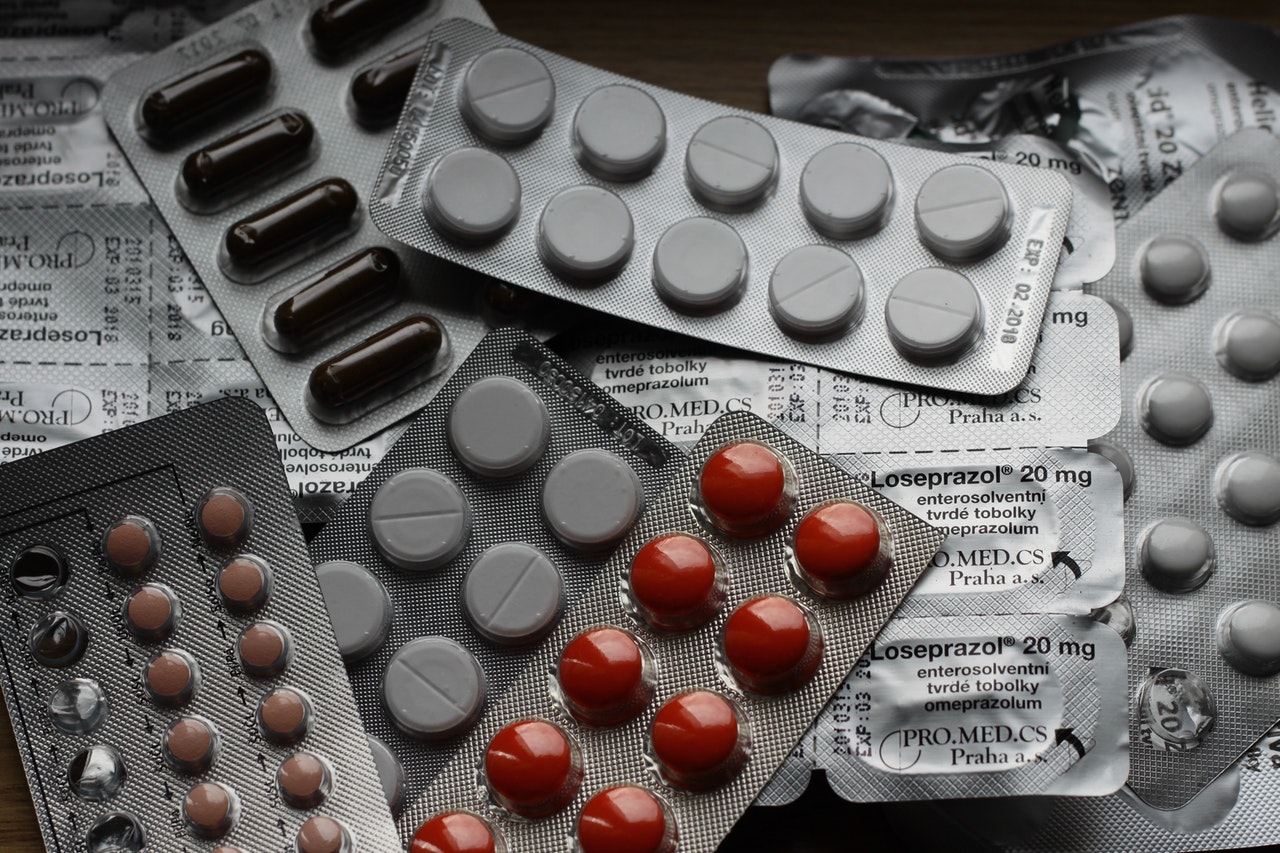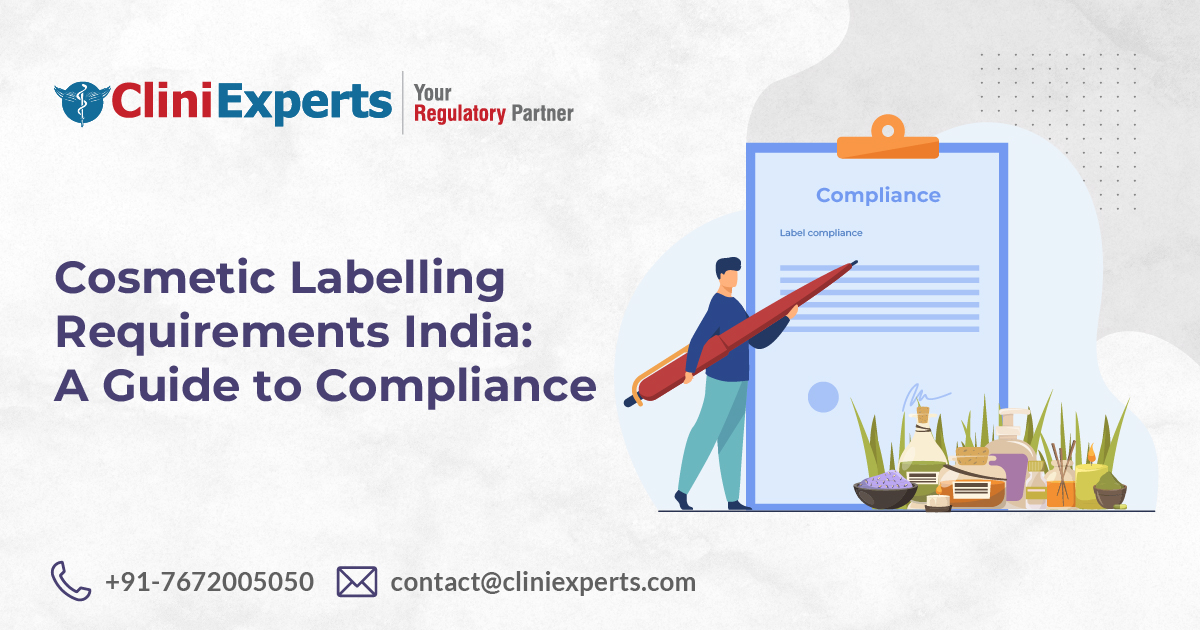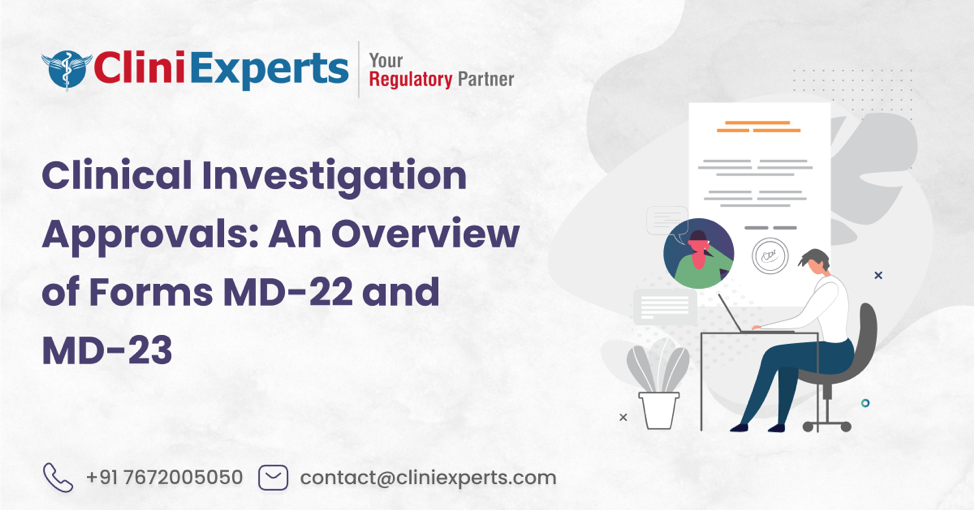Draft of New Regulations for Clinical Trials in India Favours Drug Development in the Country

The Ministry of Health and Family Welfare has come with new regulations regarding clinical trials of drugs in India called New Drugs and Clinical Trials Rules, 2019 with the objective to make the country more favourable for clinical research and drug development. These new rules will apply to all new drugs, investigational new drugs for human use, clinical trial, bioequivalence study and Ethics Committee.
The new regulations will reduce the time of approval of a new drug discovered in the country to 30 working days. This is great news for local drug development. The approval time for a drug discovered outside the country will be 90 days. This will help India to participate in global drug development and research.
The following items are broadly updated or introduced in the new rules:
- Orphan drugs
- Ethics Committee
- Conditions for approval of Bioavailability/ Bioequivalence trials
- Conditions for permission of clinical trials
- Miscellaneous
Orphan Drugs
For the first time in India, Orphan Drugs have been defined as a drug intended to treat conditions which affect not more than five lakh patients in India. There will be fee waivers for orphan drug trials. This will encourage more research and development for rare diseases in India.
Ethics Committee:
- There is a change in the composition of ethics committee as per new rules. There will be a minimum of seven members in Ethics Committee. Previously, the minimum number of members were five. The members are from medical, non-medical, scientific and non-scientific areas with at least
- One lay person.
- One-woman member.
- One legal expert.
- One independent member from any other related field such as social scientist or representative of non-governmental voluntary agency or philosopher or ethicist or theologian.
- Half of the total members should not be affiliated with the institute or organisation where the committee is constituted.
- The registration granted in Form CT-02 shall remain valid for a period of five years from the date of its issue, unless suspended or cancelled by the Central Licensing Authority.
- The new rules have provisioned the use of independent ethics committee (EC). In case the clinical trial site does not have its own EC, clinical trial at that site may be initiated after obtaining approval of the protocol from the Institutional EC of another trial site; or an independent EC constituted in rule. The approving EC shall in such case be responsible for the study at the trial site or the centre. Such independent ethics committee approving EC be located within the same city or within a radius of 50 kms of the clinical trial site.
Conditions for Approval of Bioavailability/ Bioequivalence Trials and Investigational New Drug Trials:
- The Central Licensing Authority need to be informed about the approval granted by the Ethics Committee within a period of 15 days of the grant of such approval. This could be informed by site i.e. P.I or CRO or sponsor.
- The bioavailability or bioequivalence study shall be initiated by enrolling the first subject within a period of one year from the date of grant of permission, failing which prior permission from the Central Licensing Authority shall be required.
- In case of termination of any clinical study the detailed reasons for such termination shall be communicated to the Central Licensing Authority within thirty working days of such termination.
- The permission to conduct bioavailability or bioequivalence study granted under rule 34 in Form CT-07 shall remain valid for a period of one year from the date of its issue, unless suspended or cancelled by the Central Licensing Authority.
- In exceptional circumstances, where the Central Licensing Authority is satisfied about the necessity for an extension beyond one year, the said authority may, on the request of the applicant made in writing, extend the period of permission granted for a further period of one year.
Conditions of Permission for Conduct of Clinical Trial
- Status of enrolment of the trial subjects need to be submitted to the Central Licensing Authority on quarterly basis or as appropriate as per the duration of treatment in accordance with the approved clinical trial protocol.
- Six monthly status report of each clinical trial, as to whether it is ongoing, completed or terminated need to be submitted to the Central Licensing Authority. The data should be electronically in the SUGAM portal.
- In case of termination of any clinical trial the detailed reasons for such termination shall be communicated to the Central Licensing Authority within thirty working days of such termination.
- The Central Licensing Authority need to be informed about the approval granted by the Ethics Committee within a period of 15 days of the grant of such approval. This could be informed by site i.e. P.I or CRO or sponsor.
- Institute doesn’t have Ethics committee can get their trials approved from another Ethics Committee located within same city or within radius of 50 Kms of the clinical trial site.
Miscellaneous important changes in the new rules
- There will be proper documentation of pre and post submission of the application process for approval of drug through meetings. This will bring more transparency in the system.
- The availability of drugs to the patients after trial will be easier according to the new regulations.
- The rules clearly mentioned the conditions under which data from a local clinical trial may not be required to be submitted along with the application for permission to import a new drug for sale or distribution.
- This rule also specifies the conditions for conducting a Phase IV clinical trial in India for such new drugs for establishing its safety and effectiveness. This will help in providing early access to Indian patients to drugs already approved in the specified countries.
- The person licenced to import a new drug for clinical trial or bioavailability or bioequivalence study or for examination, test and analysis shall allow any officer authorised by the Central Licencing Authority to enter the premises where a new drug or substances relating thereto has been manufactured or imported, is stocked or is being used, with or without prior notice, to inspect such premises and records, investigate the manner in which such drug is being stocked or used or to take sample thereof if so required by the Central Licencing Authority or his authorised person.
- There is a key change where the free compensation for trial-related disability or injury would be extended until the injury subsides or is no longer related to the trial or drug under study. There is, however, a catch in this clause. This extended compensation would be provided under the guidance of the trial investigator. So, if the investigator feels that the injury is not trial related or is no longer associated with the trial, his opinion would be deemed final.
In situation where the evidence for clinical safety and efficacy have been established even if the drug has not completed the all or normal clinical trial phases, the sponsor or applicant may apply to the licensing authority for expedited review process wherein the licensing authority will examine and satisfy the following conditions –
- It is for a drug that is intended to treat a serious or life threatening or rare disease or condition;
- If approved, the drug would provide a significant advantage in terms of safety or efficacy;
- There is substantial reduction of a treatment-limiting adverse reaction and enhancement of patient compliance that is expected to lead to an improvement in serious outcomes
This forward step of the Government of India will change the scenario of Clinical Research in the country and will ensure the initiation of new drug development and quicker access to new treatment for patients.
Saurangi is a food regulatory expert with 8 years of experience. She shares her knowledge and insights on regulatory updates, food trends, best practices, and news. Follow her for expert insights and practical advice on all things for food regulatory
Saurangi Shah
CliniExperts Services Pvt. Ltd.
Recent Posts
Organic Food Labelling In India| Certification, and Import of Organic Food in India

This Article is All About Organic Food Labelling In India and Certification, and Import of Organic Food in India. Explained in Detail About What is Organic Food labelling? Summary Short Description Wi..
Cosmetic Label Compliance India : A Guide to Compliance

Introduction Looking for Cosmetic Label Compliance India? Are you a cosmetic manufacturer or importer navigating the complex world of Indian regulations? Ensuring your product labels comply with the l..
Clinical Investigation Approvals: An Overview of Forms MD-22 and MD-23

Summary Short Description Strict regulatory protocols govern clinical investigations for medical devices. Central to this process are forms MD-22 and MD-23. Form MD-22 is an application to Central Lic..
HAVE A QUERY?
REACH US!Office
New Delhi
Unit No. 324 & 325, City Centre Mall, Plot No. 5, Sector 12, Dwarka, India - 110075
+917672005050
Bengaluru
RMZ Galleria, 1st floor, Ambedkar Colony, Yelahanka, Bengaluru, Karnataka, India – 560064
Call us on
Sales: +91 7672005050
Reception: +91-11-45214546
Timings
9 am to 6 pm (Monday to Friday)


